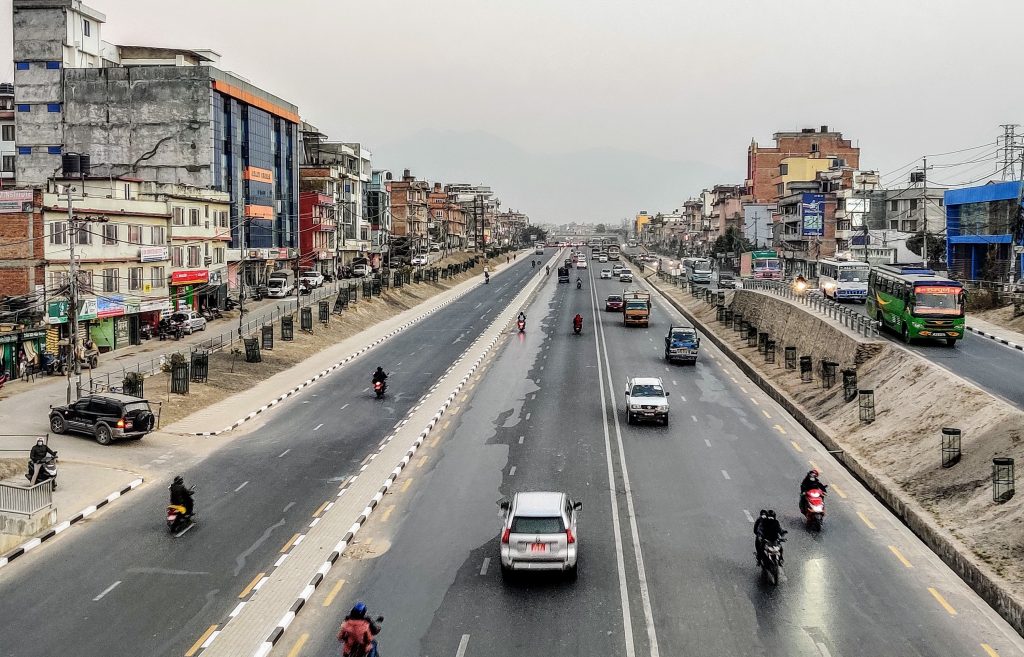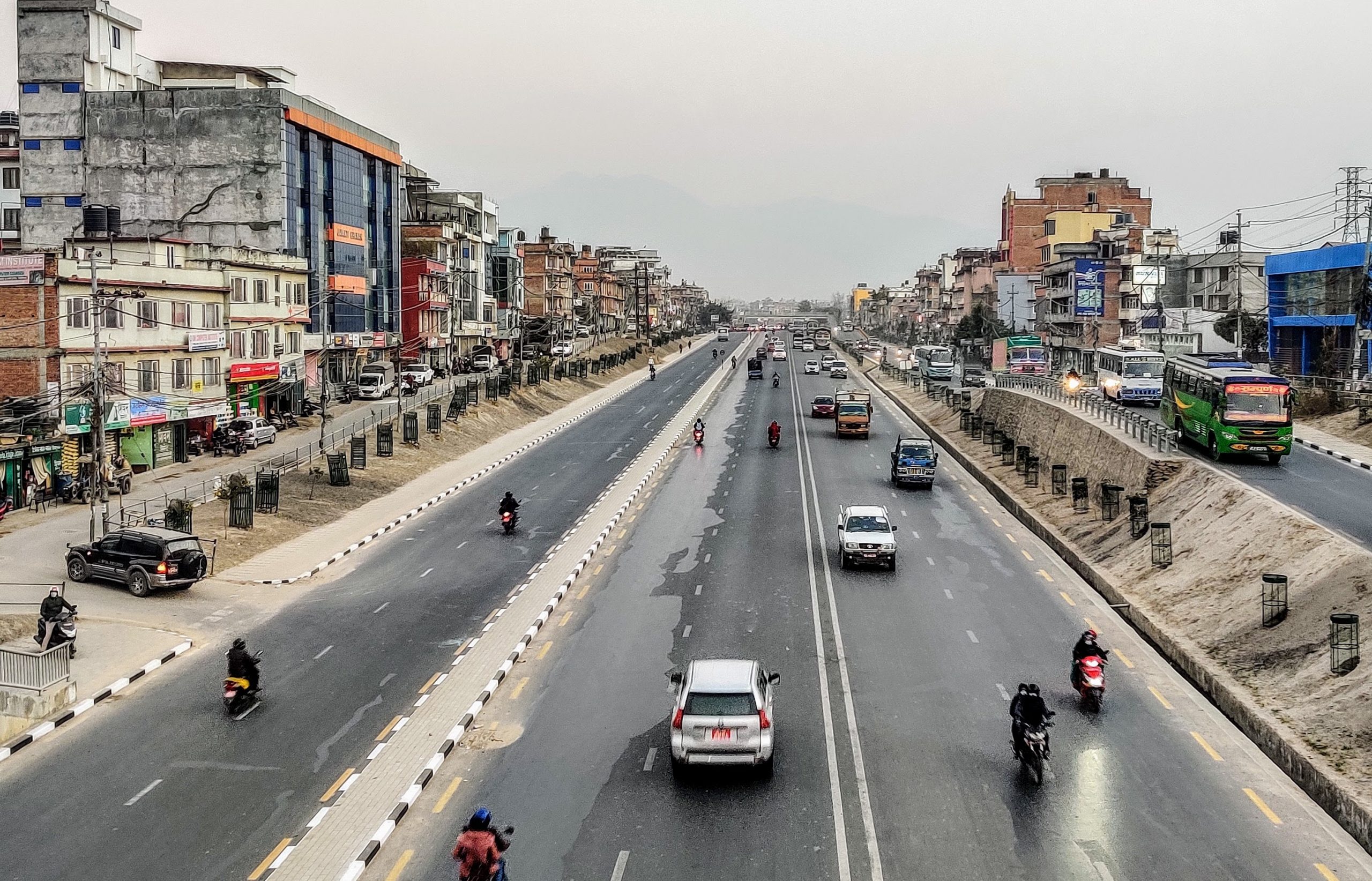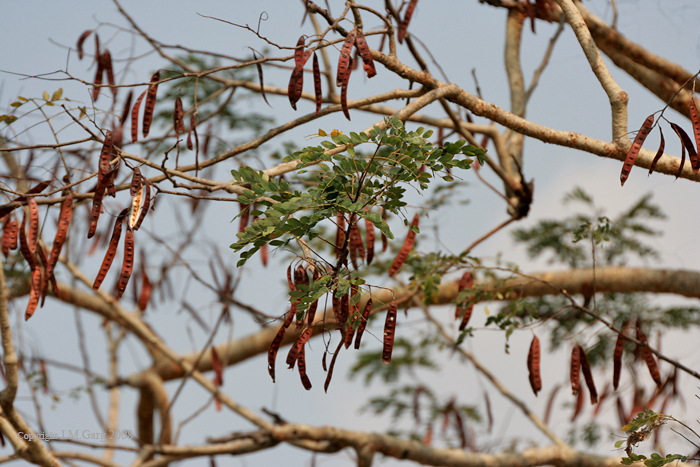Public Transport

The population density in urban cities of nepal is growing rapidly, which increases traffic. This implies a growing demand to adapt and implement sustainable green public transport. The share of motor vehicles powered by natural gas and electricity must increase in order to further reduce environmental impact of motor vehicles. Electric city buses and long distance buses will have a large impact on air quality and noise climate. Nepal must soon develop and transition to a new strategy for green vehicles – this can be made within a program for sustainable car traffic and monitor technical development within the field of vehicles and renewable fuels. Government must act to developing following policies:
1. Public Transport should be managed by the local government.
2. Local governments in collaboration with the private sector can jointly invest for the public transport operations.
3. Public transport should be operated through a company (investment from public and private) with integrated planning, ticketing and time-table.
4. Local government should bring rules and regulations to facilitate the operations of public transport.
5. Local governments should be ready to provide subsidies to make public transport sustainable, reliable, safe and secure.
6. Need to formulate strategies to promote people to use public transportation.
7. Proper public transport will encourage people to shift from private vehicle to public. This will ultimately reduce vehicles on road, hence will ease traffic movement.
8. Implementation of proper public transport will promote motorcycle users to shift from motorcycle to public transport reducing traffic accidents.







